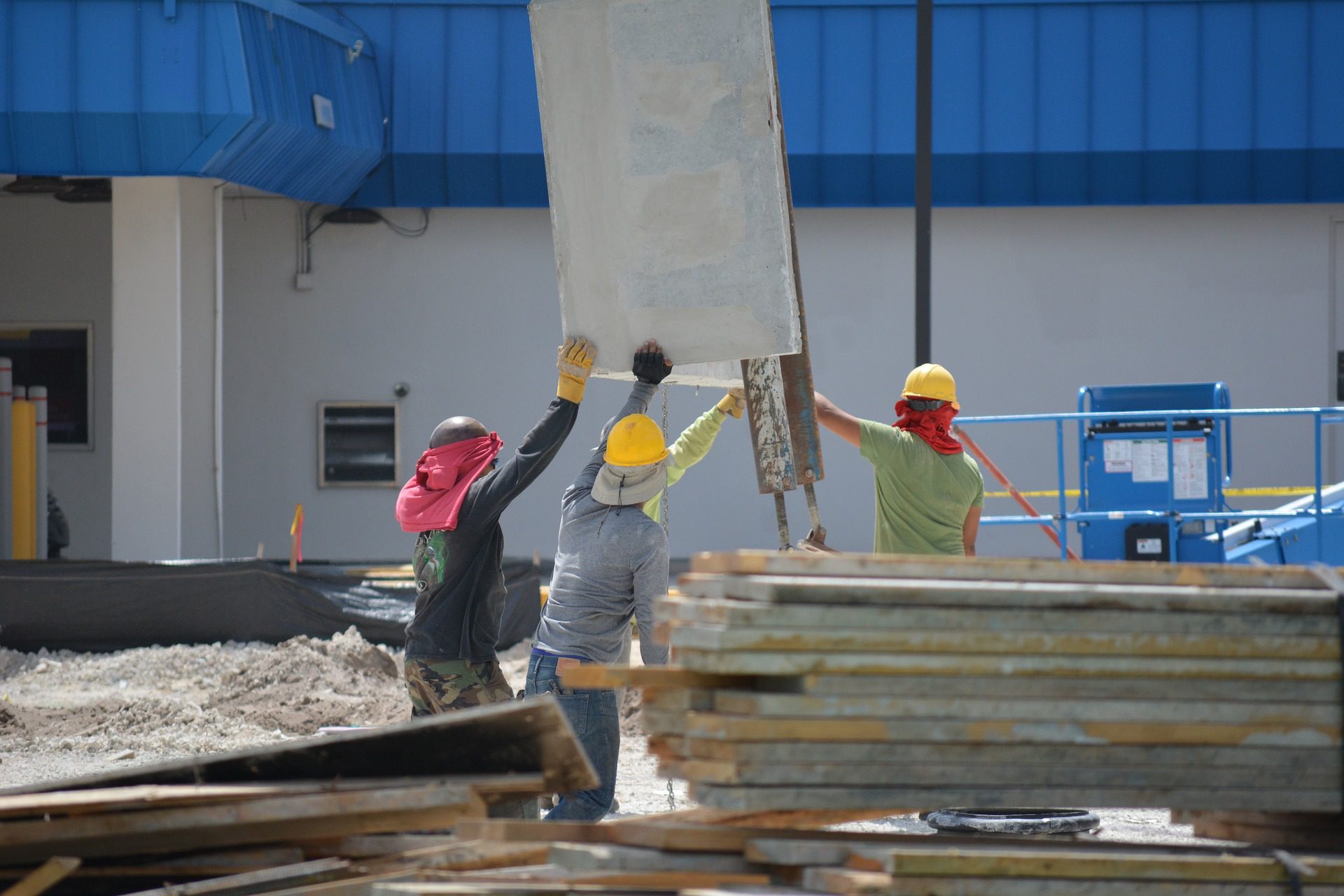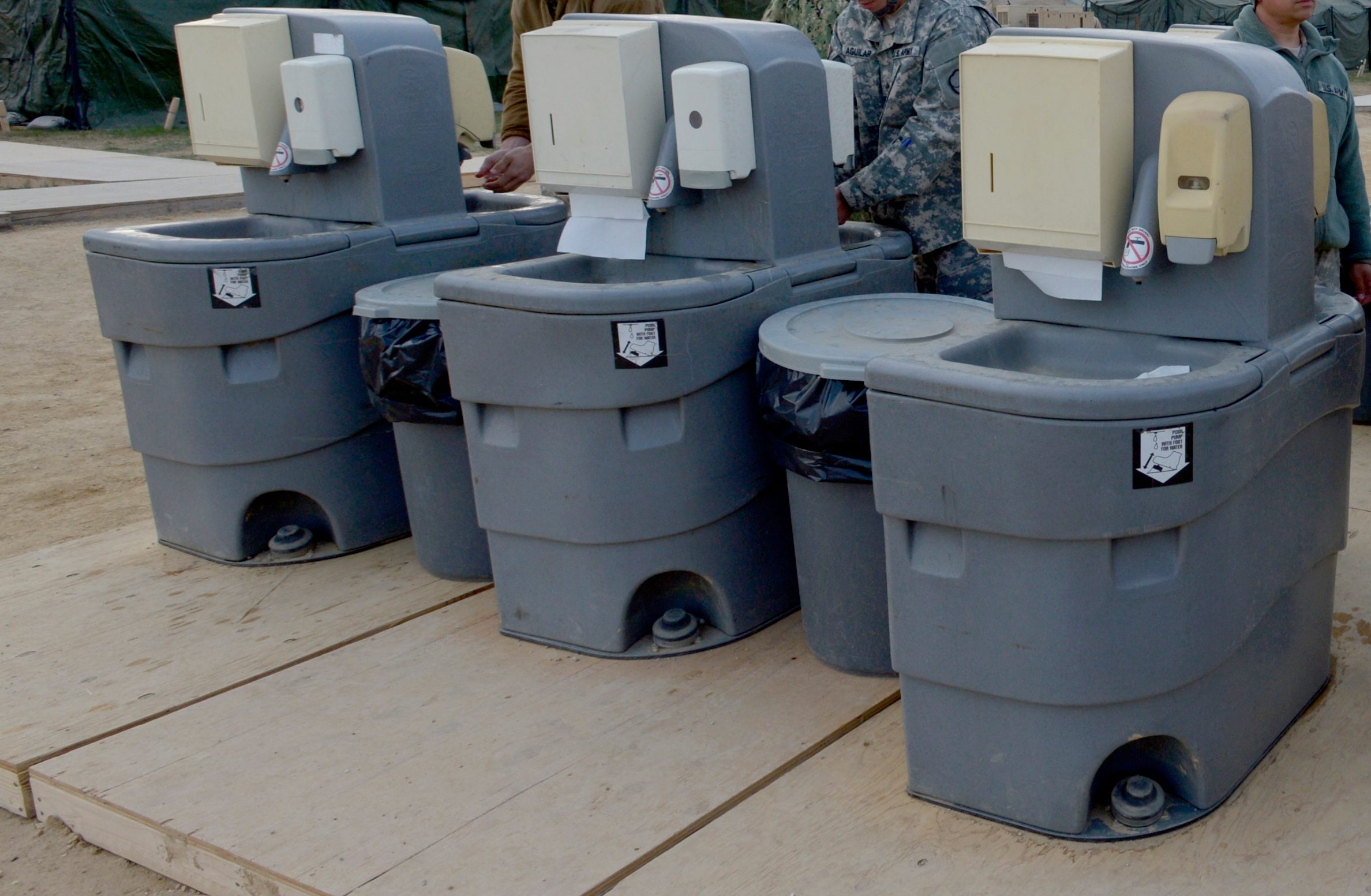Last Updated on October 15, 2022
The phrase “construction site hygiene” may bring to mind the image of workers wearing hard hats and covered in cement dust. The average onlookers driving by an area of roadwork may notice the smell of hot tar or hear someone handling a loud piece of equipment. What most people outside of the construction industry do not know is that construction workers need to maintain their personal hygiene in order to stay healthy on the job. It is up to business owners, managers, and supervisors to provide everything they need.


At a construction site, hygiene practices are a necessary part of the safety procedures. Workers face the following biological hazards:
- Fungi / mold
- Bacteria
- Bloodborne pathogens
- Infectious animals
- Poisonous plants


Frequent hand washing and satisfactory personal hygiene are what keep staff from becoming ill through cross-contamination. Per The National Institute for Occupational Safety and Health (NIOSH), over 13 million workers in the United States are exposed to harmful liquid substances and airborne chemicals that can be absorbed through the skin or easily enter the bloodstream through a cut or abrasion. Skin irritation ranging from a mild rash to system toxicity can easily occur if the body is not properly protected. Contact dermatitis is the most common occupational skin disease (OSD), as it makes up 90-95% of skin irritation cases. This condition causes pain, redness, swelling, itching, blisters, and dryness. According to NIOSH, 80% of these cases are caused by skin irritation from exposure to hazardous agents.
The Occupational Safety and Health Organization mandates that “washing facilities” must be provided for individuals who are working with potentially harmful substances, such as paint, coatings, and herbicides. Workers also need these stations to wash their hands before eating, drinking, or smoking to avoid accidental ingestion of anything toxic. Single-use paper towels or warm-air hand dryers are necessary too. Based on OSHA’s studies, waterless cleansers, like hand sanitizer and towelettes, are not adequate to remove greasy substances or thoroughly clean soiled hands. Soap and water is still the most reliable option. There are cases when a shower is required, such as after removing personal protective equipment. Per OSHA, employers must make shower facilities, soap, and towels available to each worker.


Construction work offers risks that go beyond physical injuries, as everyday workers come into contact with hazardous chemicals. Consistent washing and strong personal hygiene habits can help to decrease contamination and keep workers happier and healthier.
Related posts:
- Hygiene Tips For Your Business: Transportation
- Hygiene Tips for Your Business: Hair and Nail Salons
- Hygiene Tips for Your Business: Nursing Homes
- Hygiene Tips for Your Business: Medical Offices
- Hygiene Tips for Your Business: Children’s Play Centers
- Hygiene Tips for Your Business: Retail
- Hygiene Tips for Your Business: Banks and Credit Unions
- Hygiene Tips for Your Business: Airports
